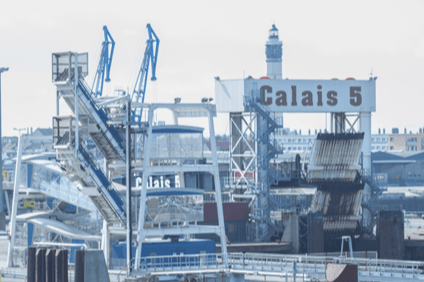
Britain’s government will need to dramatically ramp up Customs funding to ensure trade through UK ports is as seamless as possible post-Brexit, says the country’s Road Haulage Association (RHA).
The body’s concerns come at the same time as Britain’s Freight Transport Association (FTA) has just presented its five-point plan to Parliament outlining its wish-list for customs and border operations as Britain prepares to invoke Article 50.

Discover B2B Marketing That Performs
Combine business intelligence and editorial excellence to reach engaged professionals across 36 leading media platforms.
That procedure to formally notify the European Union (EU) of Britain’s intention to quit the 28-strong Brussels association, has been complicated by the UK’s Supreme Court decision that Parliament must approve the move, but Prime Minister, Theresa May has signalled her intention it will happen on 31 March.
“We need to maintain fluidity through the ports for the trucks that provide a vital trade service,” said RHA chief executive, Richard Burnett. “Should the UK exit the single market and the customs union, it is clear HM Customs will need to have significantly greater resources than at present.
“We will have to have the ability to clear customs without delay, 24/7. The Customs resource, as it stands, quite simply would not be able to cope. We are calling on the government to establish a working group to scale up Customs resources in time for Brexit.
“It should include representatives from the international freight industry to ensure confidence we will be ready for the change. It is essential for supply chains in manufacturing, food distribution and retail that HMRC has sufficient resources to cope from Day one with the increased volume.
“Leaving the single market and customs union will inevitably add a degree of administrative cost. Far more damaging, however, would be if the supply chain slowed down as a result of an HMRC logjam.”
The RHA’s other key concern is to ensure the industry retains the ability to bring workers in from abroad where they are needed.
For example, around 60,000 foreign lorry drivers currently work in the UK and the RHA insists “industry would not function properly without them.”






